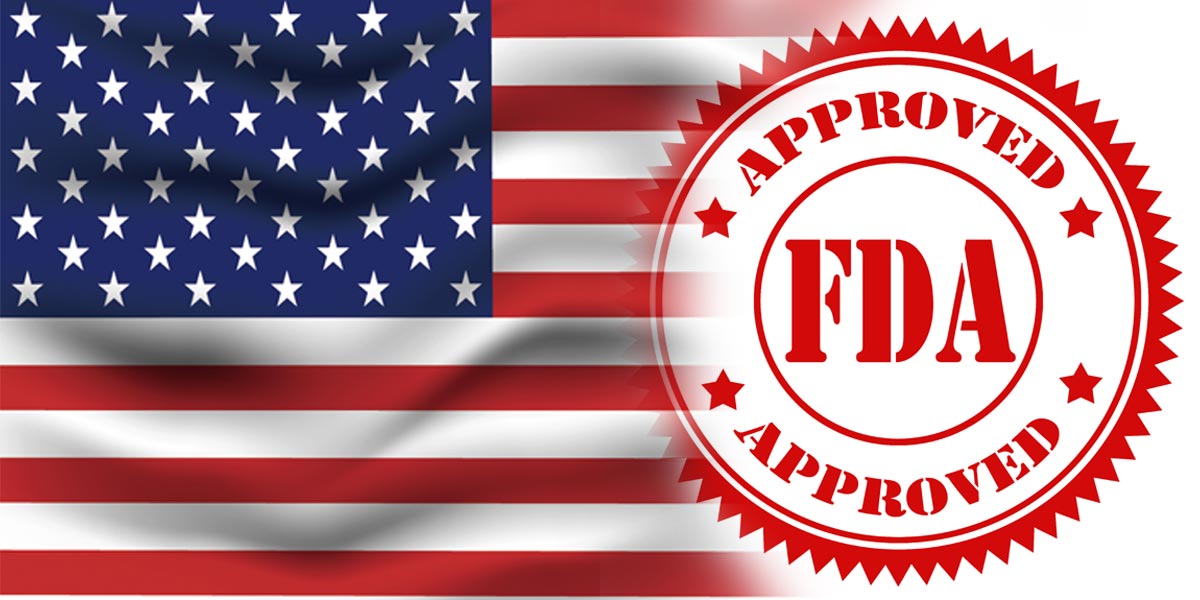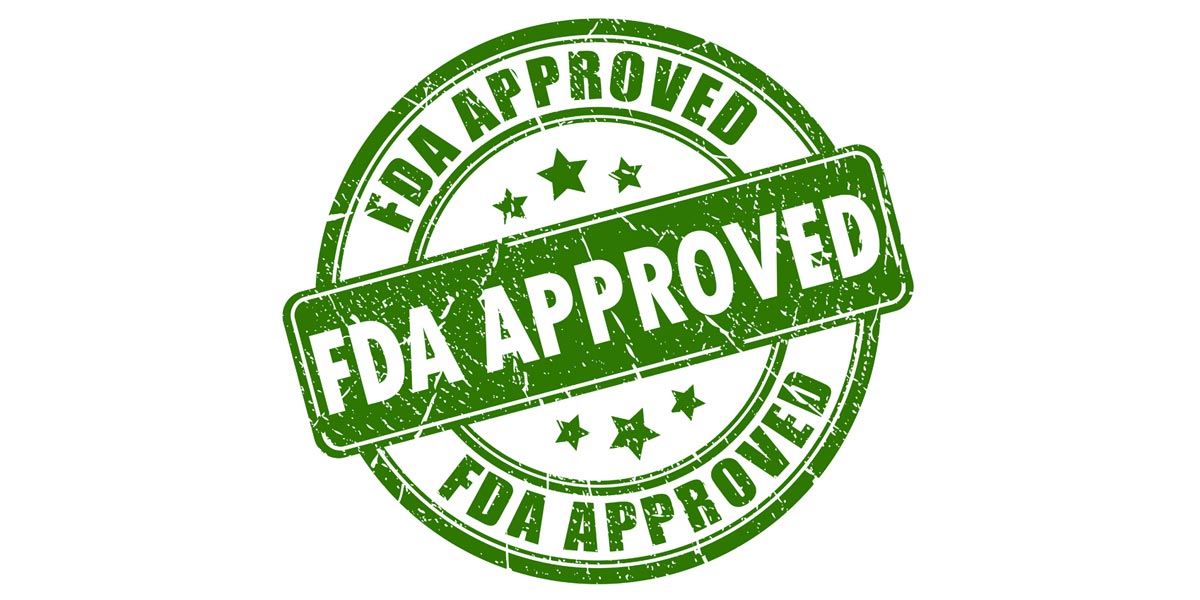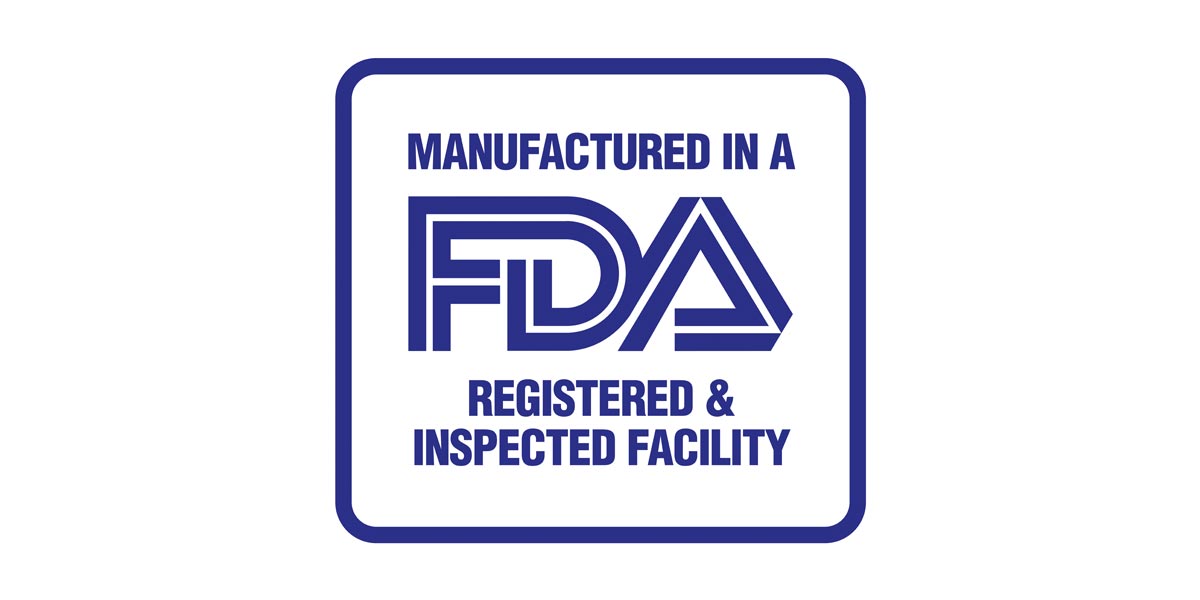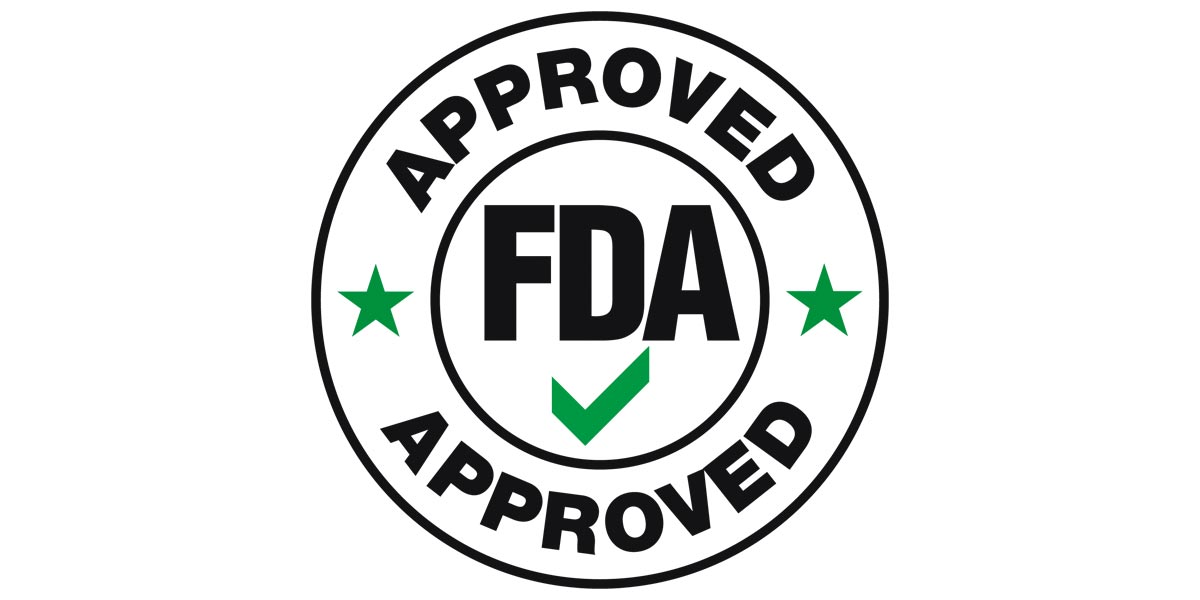In modern society, cosmetics have become an indispensable part of many people’s daily lives. Whether it’s to highlight individuality, pursue fashion, or simply boost confidence, the demand for cosmetics seems to be growing day by day. However, accompanying this trend is an increasing concern for product quality and safety. From celebrity endorsements to makeup tutorials on social media, our surroundings are filled with a variety of cosmetics. But are these products truly safe? Have their ingredients undergone scrutiny? As a leading global regulatory authority for cosmetics, the U.S. Food and Drug Administration (FDA) continually updates and improves the registration and certification requirements for cosmetics. This article provides a detailed overview of the updated certification requirements and registration application process for cosmetics, aiming to assist relevant businesses and individuals in better understanding and complying with the applicable regulations.
1. What is Cosmetics FDA Certification:Chinese Regulations:
FDA certification refers to the registration and regulation of cosmetics by the United States Food and Drug Administration (FDA). In the United States, the FDA is responsible for ensuring that cosmetics on the market meet specific safety standards and regulations.
On December 29, 2022, the United States passed the highly anticipated “Modernization of Cosmetic Regulations Act of 2022” (MOCRA). Following the effective date of MOCRA, all companies selling cosmetics in the U.S. will be required to register their facilities with the FDA and submit filings for cosmetic products. The Voluntary Cosmetic Registration Program (VCRP) for cosmetic facility registration and product filing becomes a thing of the past.
On August 7, 2023, in accordance with MOCRA requirements, the U.S. FDA released a draft guidance on cosmetic facility registration and product filing, opening it for public comments. This draft guidance provides recommendations and instructions for stakeholders to assist them in submitting cosmetic facility registrations and product filings to the FDA. Additionally, the FDA is developing an electronic submission portal for cosmetic registrations to streamline the process for cosmetic companies.
On November 8, 2023, the FDA issued guidance, postponing the opening of the electronic filing system for cosmetics and the mandatory registration of cosmetic companies and products. Recognizing that cosmetic companies need additional time to gather the necessary information for facility registration and product listings, the FDA decided to defer the mandatory implementation date for business registration and product filing to July 1, 2024.
2. Requirements for Cosmetic FDA Registration Application:
According to the new FDA regulations, the person responsible for each enterprise that owns or operates the production or processing of cosmetics sold in the United States must register each enterprise. However, the following exceptions apply: “Small businesses” exempt from registration unless engaged in the processing or production of cosmetics that: Regularly contact the eyeball mucosa; Involve injection; Are intended for internal use; Or, Cause changes in appearance lasting more than 24 hours. Factories subject to drug and medical device regulatory requirements must also comply, unless the factory exclusively produces cosmetics not subject to these requirements. It’s important to note that if a factory produces or processes cosmetics for multiple responsible persons, it only needs to be registered once. This means that if the responsible person has already completed enterprise registration, owners or operators of contract manufacturing enterprises do not need to register their factories separately. Additionally, non-U.S. cosmetic companies will need to designate a U.S. agent for communication with the FDA. The following are the general requirements for the FDA registration application for cosmetics:
1. Applicant Requirements: Applicants for cosmetic FDA registration must be legal operators within or outside the United States and have good financial standing and reputation. For certain types of cosmetics, such as those with medical effects, additional requirements may need to be met, such as those specified by Beston Testing.
2. Cosmetic Type Requirements: FDA registration for cosmetics applies to various types, including skincare products, makeup, hair products, nail products, etc. Different types of cosmetics require the submission of different application materials and fees.
3. GMP Compliance: Ensure that the product manufacturing process complies with Good Manufacturing Practices (GMP), covering standards for production, packaging, labeling, and storage.
4. Label Information: Provide accurate, clear label information, including product ingredients, usage instructions, warnings, net content, etc. Labels must comply with FDA regulations.
5. Adverse Event Reporting: Provide reports of adverse product use events, including consumer complaints and unexpected injuries.
6. Product Safety Data: Provide data supporting the product’s safety to demonstrate its safety for users.
7. Manufacturing Process Description: Describe the manufacturing process of the product to ensure compliance with relevant regulatory standards.
8. Registration and Reporting: Complete FDA registration and submit necessary reports within specified timelines, such as changes in product formulas, labels, or manufacturing facilities.
9. Non-Animal Testing Methods Description: If safety testing is conducted, describe non-animal testing methods. The FDA encourages the use of alternative animal testing methods.
10. Distributor Notification: For all cosmetics sold in the United States, advance notification to the FDA is required before the product is marketed. This includes providing basic information and the ingredients of the product.
3. Cosmetic FDA Registration Application Process: The process of applying for FDA registration for cosmetics is a systematic one involving multiple steps. Note that the specific process may vary based on the type of product and circumstances. Additionally, FDA requirements may change, so it is advisable to consult the latest FDA guidelines and regulations or seek advice from professional consultants before initiating the registration process. Here is a general outline of the process:
1. Prepare Documentation: Collect and prepare detailed information related to the product, including ingredients, manufacturing processes, label information, etc. Ensure that the product’s manufacturing process complies with FDA Good Manufacturing Practices (GMP).
2. Register FDA Account: Create an account on the FDA’s electronic registration system (FURLS).
3. Obtain a Facility Establishment Identifier (FEI), a unique identifier for manufacturers and importers recognized by the FDA.
4. Submit Registration Application: Use the FURLS system to submit the FDA registration application. Provide product information, manufacturing facility details, label information, etc. After submission, the FDA will assign a registration number.
5. Product Label Review: The FDA will review the product labels to ensure compliance with FDA regulations. Complete the Voluntary Cosmetic Registration Program (VCRP) Form: This form is used to submit information about cosmetics and related products sold in the market. Through VCRP, manufacturers can voluntarily provide product information to help FDA monitor and ensure product safety.
6. Await Approval: Wait for FDA approval of the registration application. The approval time depends on various factors, including the type of product and the completeness of the submitted information.
7. Registration Certificate and Number: After payment of the fees, the FDA will issue a unique registration number for the applicant. This registration number needs to be labeled on the product packaging for consumer inquiry.
8. Product Listing: Once FDA registration approval is obtained, the product can be marketed in the United States.
9. Annual Reporting Requirements: Applicants need to submit annual reports to the FDA before January 1st of each year. The reports cover product sales, product quality, safety, etc.
4. The Significance of Cosmetic FDA: The U.S. Food and Drug Administration (FDA) plays a crucial role in the cosmetics industry, with responsibilities and functions that include:
1. Ensuring Product Safety: The FDA is responsible for ensuring that the ingredients and manufacturing processes of cosmetic products are safe and do not pose harm to users.
2. Overseeing Product Labels and Advertising: Ensuring the accuracy of information on product labels to prevent consumer deception. Monitoring the advertising of cosmetics to prevent false or exaggerated claims.
3. Establishing and Enforcing Regulations: Developing and enforcing relevant regulations and guidelines to ensure that product quality and safety in the cosmetics industry adhere to standards.
4. Approving New Ingredients: For new cosmetic ingredients, the FDA is responsible for approving their use in products, ensuring their safety.
5. Monitoring the Market: Monitoring cosmetic products in the market and taking timely action to address potential issues, including product recalls.
6. Responding to Complaints: Handling consumer complaints and reports, and investigating potential safety issues.
7. Requiring Registration: Requiring cosmetic manufacturers, packagers, and importers to register with the FDA before selling products, ensuring the ability to track and monitor products.
8. Promoting Compliance: Encouraging compliance with regulations through education and guidance, raising overall compliance levels in the cosmetics industry.
9. International Collaboration: Collaborating with other international regulatory agencies, sharing information to ensure that multinational companies also adhere to relevant standards.
10. Protecting Consumer Rights: Ensuring that consumers receive sufficient information when using cosmetics, protecting their rights.
5. In the process of applying for FDA approval for cosmetics, it is crucial to understand and comply with relevant regulations and requirements. Achieving compliance registration not only enhances the market competitiveness of products but also conveys a commitment to the safety and quality of the products to consumers. As a manufacturer, ensuring that products meet FDA standards is a reflection of corporate responsibility and consumer trust. Furthermore, staying informed about updates and changes from the FDA and keeping abreast of industry trends is vital for successfully navigating FDA reviews and registrations. With the development of globalization, regulations may vary across different countries and regions, making it essential to remain sensitive to regulatory changes to maintain compliance. For more detailed information, it is advisable to visit the official FDA website directly or consult with professional legal and regulatory advisors. Wishing you a smooth and successful process in obtaining FDA approval for your cosmetics!




